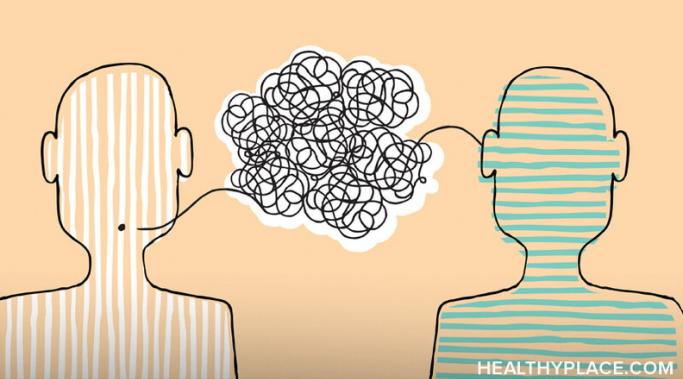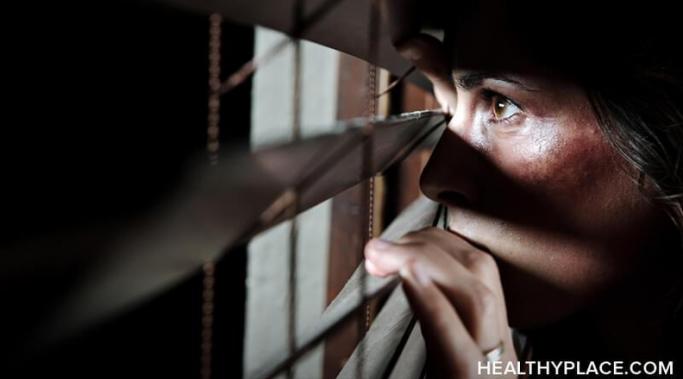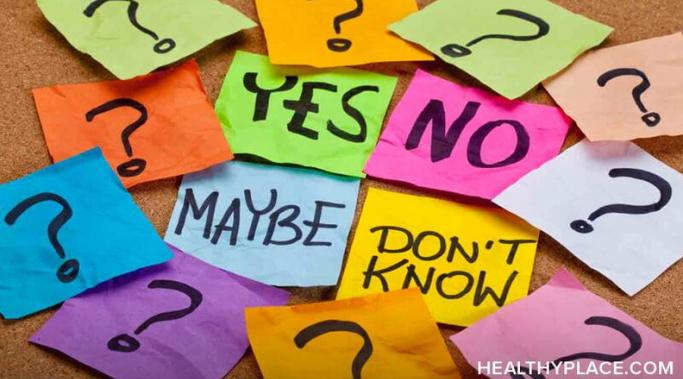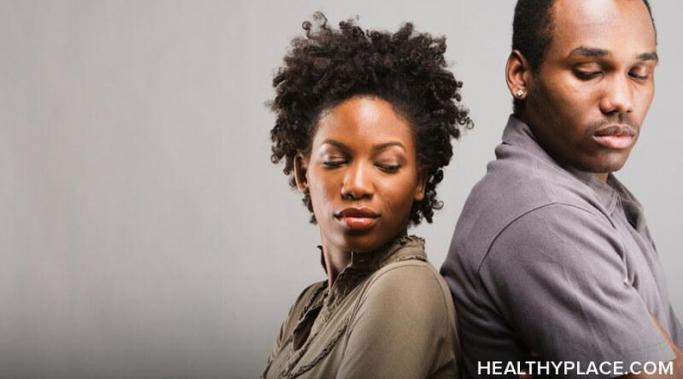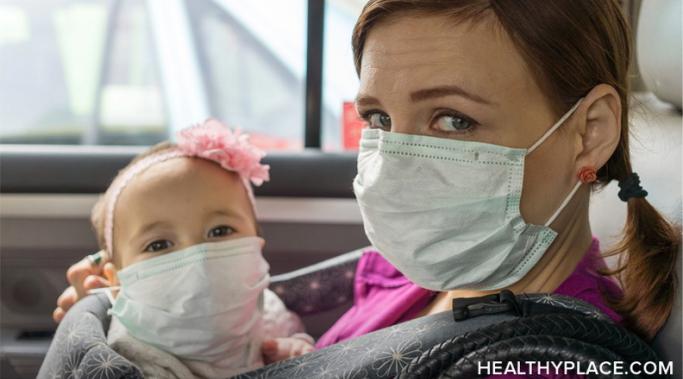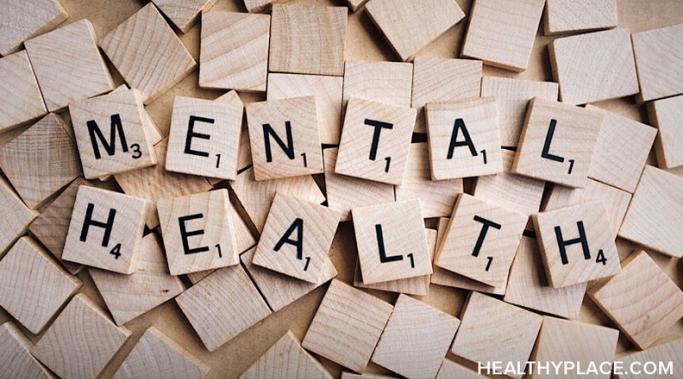I have anxiety after verbal abuse. One tool I've picked up from my years of therapy is using words of affirmation. I think how you talk to yourself can help reinforce positive beliefs and improve your self-esteem. I've been using this strategy for years now to help heal from verbal abuse. However, more recently, I've noticed that it can also help calm my anxiety even when I'm not facing verbal abuse.
Leaving Abuse
Change is critical when healing from verbal abuse. Verbal abuse is a damaging tactic that many individuals use in relationships for various reasons. Although it may be common, this method of communication is harmful to the recipient. It can cause negative side effects for years, even after the verbal abuse is no longer present. The only way to move away from verbal abuse and heal is to change.
Facing verbal abuse is an awful situation to be in, regardless of your age or the circumstances. Often, if someone is dealing with verbal abuse, they don't have the strength or confidence to stand up for themselves. This situation can allow the abuse to continue and worsen over time. However, some people can face abusers and call them out on their behavior when they aren't the victim of the situation. Why is it easier for some people to stand up against others facing verbal abuse?
With verbal abuse, avoidance may be present with the abuser, the target, or both, depending on the situation. This tactic has two sides that can be helpful or harmful based on the contributing factors. Avoidance in verbal abuse is common.
Self-trust can be impacted by past verbal abuse. Experiencing verbal abuse can alter how an individual perceives the world around them. Understanding this negative dynamic is helpful when managing a life outside of verbal abuse. However, the side effects of being in a verbally abusive relationship can create future issues when interacting with others and making decisions. If you are recovering from verbal abuse, you may not trust yourself, like I have.
Anytime a relationship includes verbal abuse, there are complications. The dynamics between individuals involving power and respect will skew, making it challenging to recover. Although some relationships can bounce back using therapy and adjusting to corrective behaviors, others will not. Relationships with verbal abusers will always be challenging.
The analogy of putting on your mask first before helping others goes beyond airplane safety, especially for victims of verbal abuse. The concept that you can't help others if you cannot function yourself is critical. Another relatable comparison includes trying to pour from an empty cup. As I heal from verbal abuse, I've recognized how important taking care of myself is so I can help others.
You always want to avoid verbal abuse. Unfortunately, for many individuals, this behavior is a regular occurrence. It can happen at home, school, or work, creating a stressful environment. In some cases, individuals can try to navigate away from verbal abuse, while others cannot. I am one of the lucky ones who got away from this negative situation and worked hard to avoid verbal abuse in the future.
My cancer diagnosis affected how I view verbal abuse. No one wants to hear the dreaded c-word after visiting their doctor repeatedly for medical issues. Unfortunately, my life was forever changed last year when my specialist called to tell me I had cancer after spending a year going through tests and scans. I quickly realized how my ailing physical health could help improve my life choices.
I've changed my ways. Everyone's healing journey from verbal abuse is unique. Numerous tools and resources are available to use as viable methods for healing. What works for you may not be a helpful solution for others recovering from verbal abuse. One of these methods is changing your ways regarding relationships.

